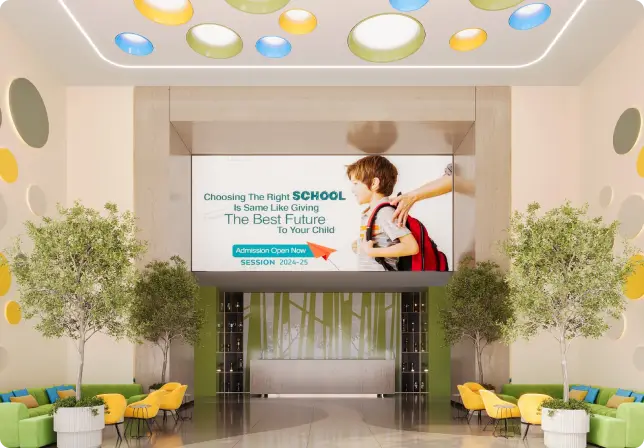Teaching Philosophy and Methodologies

High-Quality
Learning
Components of
High-Quality Learning

Knowledge
Broad and deep understanding across disciplines.

Understanding
Effective comprehension and synthesis of information.

Skills
Communication, collaboration, critical thinking, problem-solving, and adaptability.

Dispositions
Resilience, empathy, curiosity, and a growth mindset.
Pedagogical Approaches
Inquiry-Based Learning
Project-Based Learning
Active Learning
Student-Centered Learning
Differentiated Instruction
Technology Integration
Social and Emotional Learning/Well-being
Specific Teaching and Learning Approaches
Early Years (pre-KG-KG 2)
Grades 1-5
Grades 6-8
Grades 9-12

Commitment to Excellence
IAS’s teaching and learning strategies are designed to ensure every student receives a high-quality education that prepares them for success in an interconnected world. We strive to nurture resilient, resourceful, and responsible learners equipped for lifelong success through innovative pedagogical approaches, continuous professional development, and a supportive learning environment.
Thank you for choosing IAS as your partner in education. Together, we will inspire and empower the next generation of leaders and innovators.

